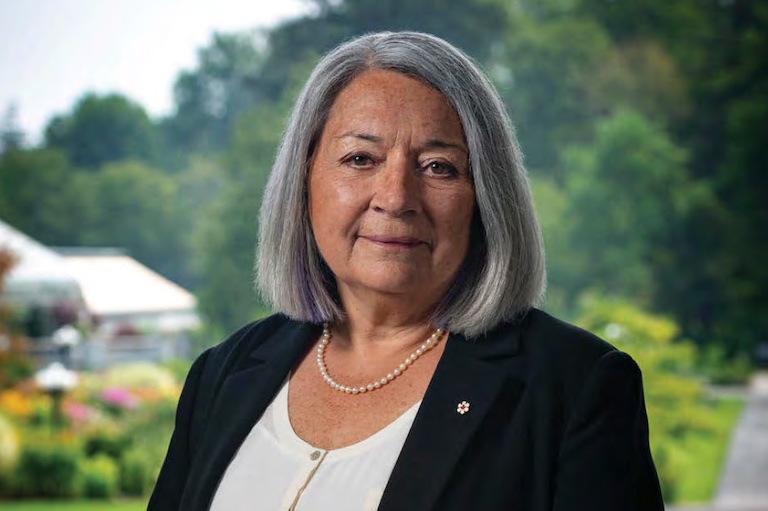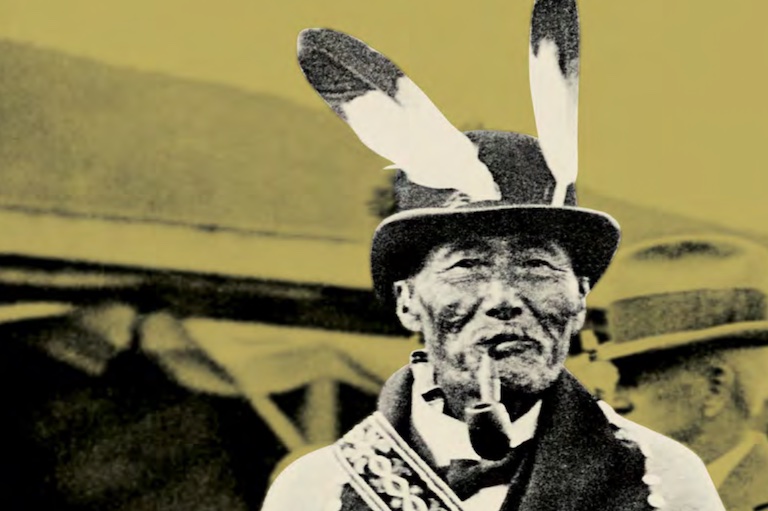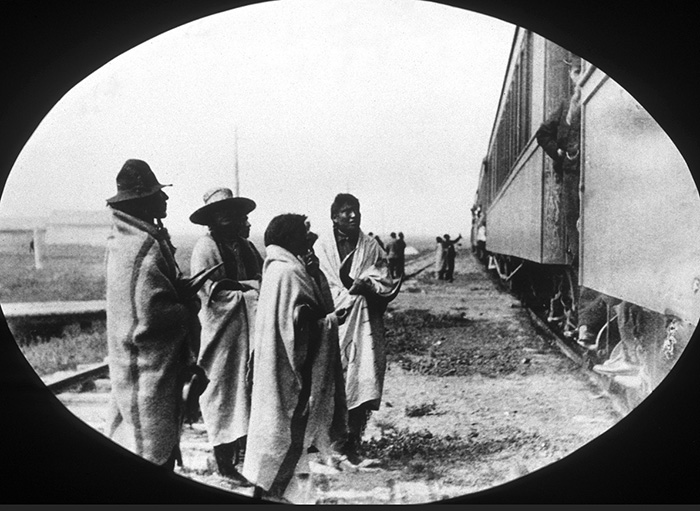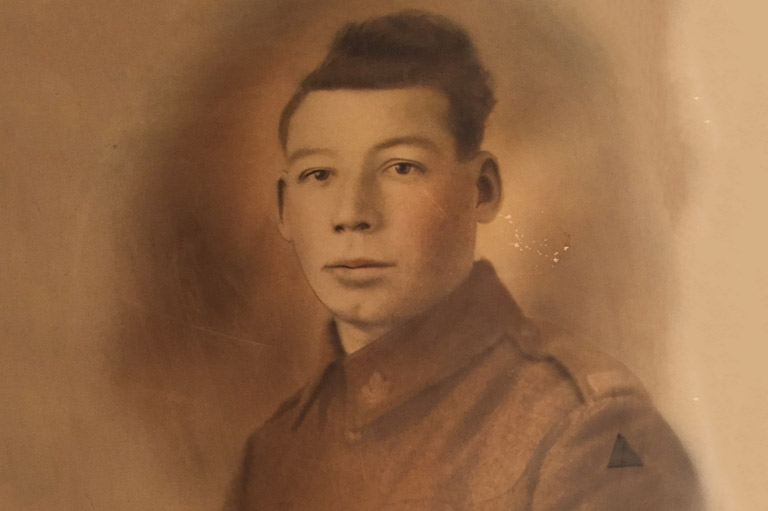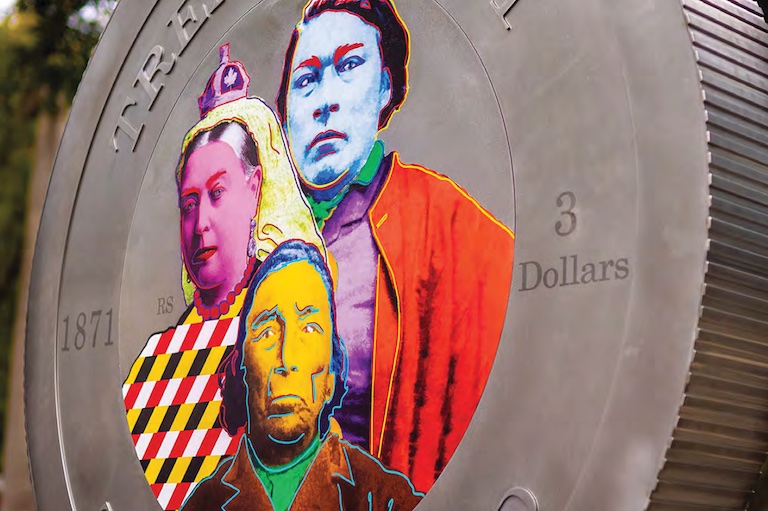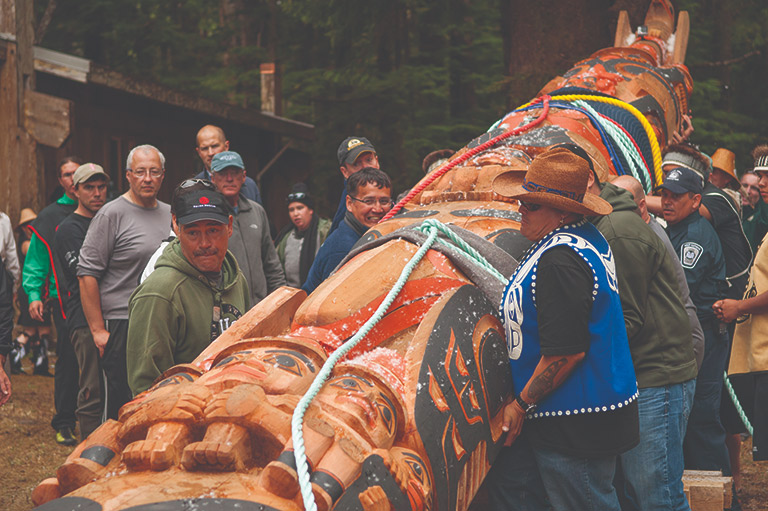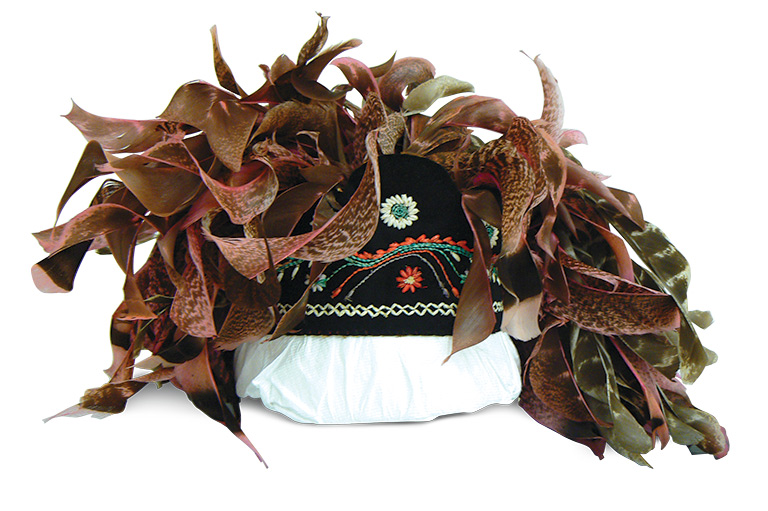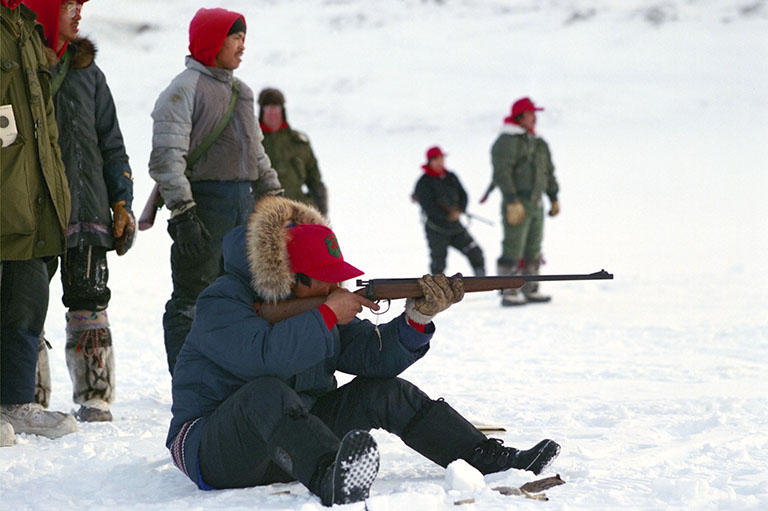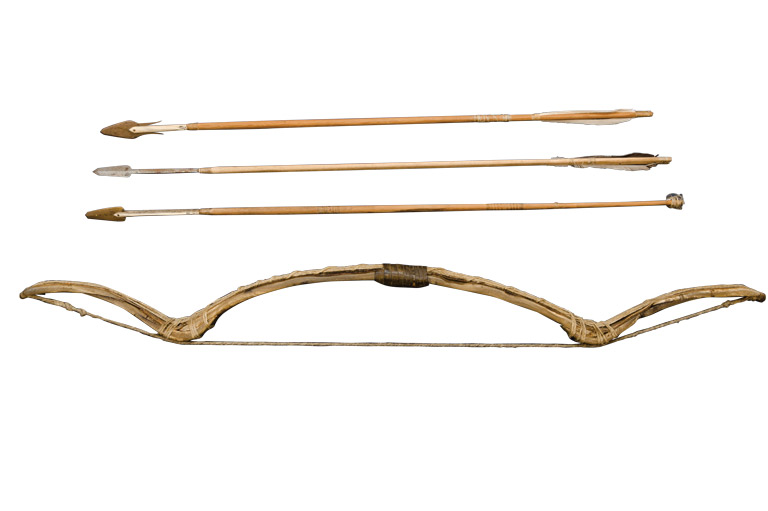A Lawyer Without a Ticket
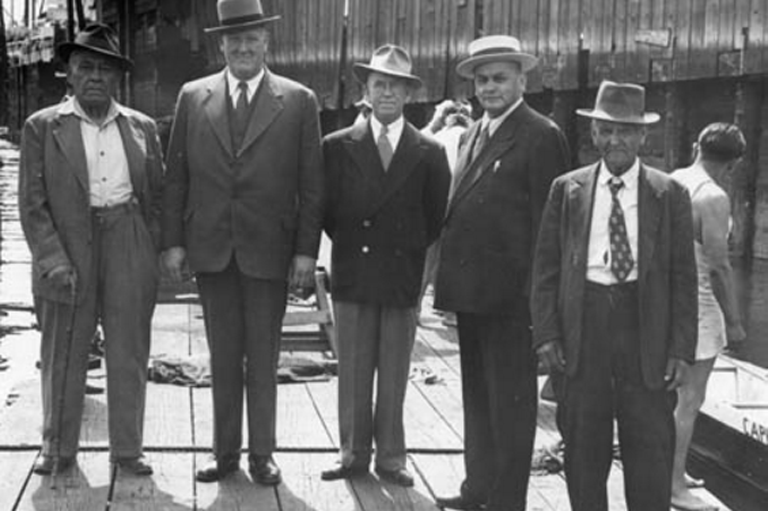
Despite his lack of a law degree, Squamish leader Andrew Paull (1892–1959) was remarkably successful in defending clients in British Columbia’s courts of law in the early part of the twentieth century.
Paull had received legal training but refused to be called to the bar because at the time it would have meant giving up his Indigenous status.
So he worked as an unofficial lawyer, as well as a land claims lobbyist, longshoreman, community organizer, and lacrosse coach.
He was also the secretary of Mission Reserve No. 1 at Burrard Inlet, North Vancouver, and formed the North American Indian Brotherhood in the late 1940s.
It was Paull’s performance in the courtroom that impressed his contemporaries. He was able to cite chapter and verse and memorize long portions of documents.
According to his colleague Maisie Hurley, “He was considered the greatest authority on this continent on Indian aspects of the law. He would have been one of the country’s most brilliant criminal lawyers if he’d had a degree. He had dignity, drama. He was superb.”
When handling murder cases, Paull was often successful in getting the charges reduced. He also argued for Indigenous land rights and opposed laws that were discriminatory towards Indigenous people.
At Canada’s History, we highlight our nation’s past by telling stories that illuminate the people, places, and events that unite us as Canadians, while understanding that diverse past experiences can shape multiple perceptions of our history.
Canada’s History is a registered charity. Generous contributions from readers like you help us explore and celebrate Canada’s diverse stories and make them accessible to all through our free online content.
Please donate to Canada’s History today. Thank you!
Themes associated with this article
Advertisement

